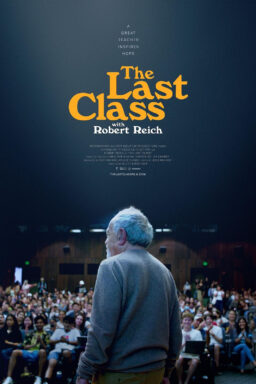Q. Just saw “Die Hard With a Vengeance” and here’s my question: When is Hollywood going to figure out that the phone company can trace a call instantaneously? Once again we see that tired old cop cliches, “Hold him on the line long enough for me to trace the call!” Is Hollywood the only place they haven’t heard of Caller ID? Everyone in America can trace a call these days; you’d think the New York cops could, too. (Mark Blanchard, Norwalk, Conn.)
A. I put your question to the Answer Man’s friend Rich Elias, of Columbus, Ohio, who is both a film critic and a training specialist for AT&T. He responds: “Blanchard is correct. The technology which enables Caller ID allows an instantaneous trace on incoming calls. The reason is that the telephone network, which nowadays uses digital electronic switches, separates signaling information (including originating number) from the voice path. One consequence is that all signaling information is available throughout the duration of a call and is easy to query.
Q. In one of your articles from Cannes, you wrote about “Pom Poko,” saying: “This Japanese family film about cute animals is not likely to make a sale in the American market, since the secret weapon of the raccoon is their ability to make their testicles grow so large they can crush their opponents.”
If that’s all you have to say about it, that’s really too bad. The film is directed by Isao Takahata, who is the world’s greatest living director of animation. His movies tend to be about serious subjects. “Pom Poko” treats the subject of environmental conservation with humor and wisdom. The secret weapon of the raccoons is their ability (as in Japanese legend) to change shape, which they do to frighten away the men who are trying to change their forest home into a condo development. The raccoons change into a number of things such as ghosts, people, animals, etc.
But yes, they do in a couple of scenes attack people with their enlarged testicles, and that would make showing the film commercially in the U.S. a problem. I saw it at the San Francisco Film Festival, where the children in the audience didn’t seem to have any trouble with it. (Robert Forman, San Francisco)
A. The Japanese are more open in their attitude toward human plumbing than we are. So are children, who would probably be delighted by the raccoon’s choice of weapons if it were not for their dreary parents.











